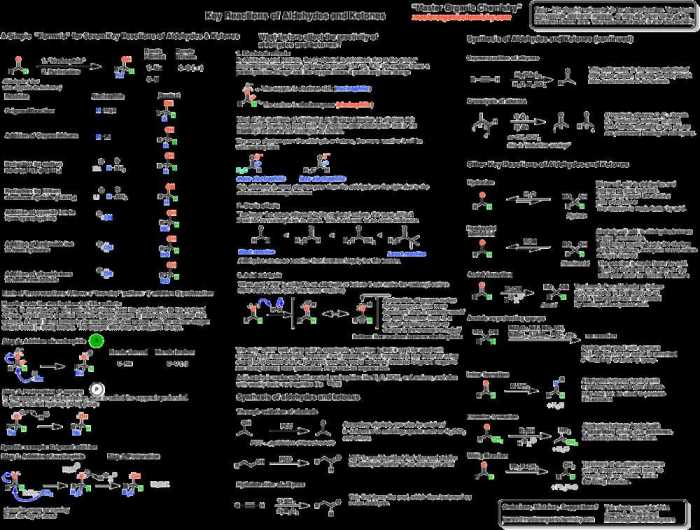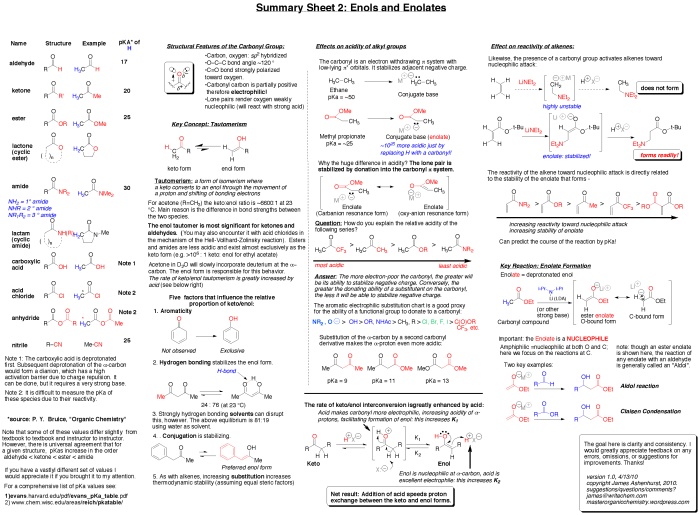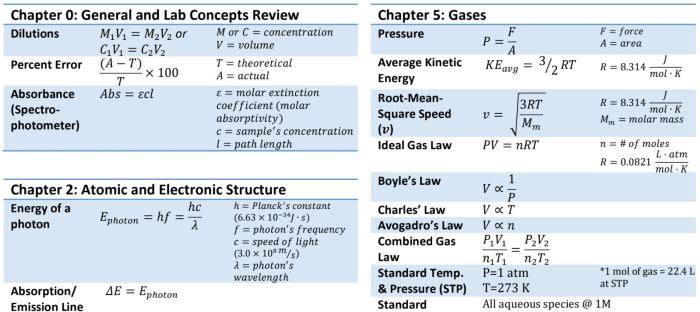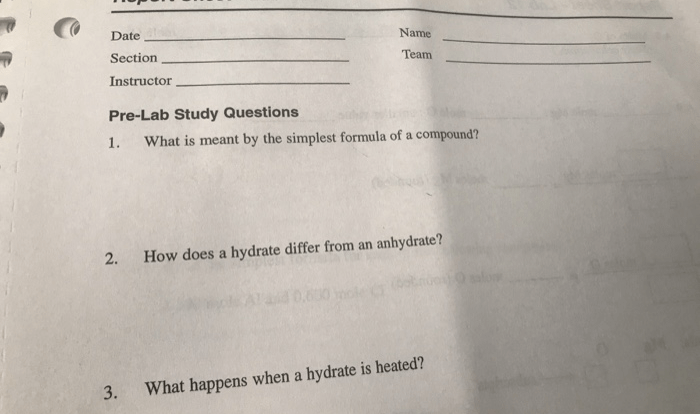The ACS General Chemistry 1 Exam Equation Sheet is an essential tool for students preparing for the ACS General Chemistry 1 exam. It provides a concise and comprehensive list of equations and constants that are necessary for solving problems on the exam.
By understanding and effectively using the equation sheet, students can significantly improve their chances of success on the exam.
This guide will provide an overview of the equation sheet, including the organization of the equations, a table of the equations and their significance, and tips for using the equation sheet effectively during the exam. Additionally, the guide will provide study tips and strategies for practicing equation usage and problem-solving skills.
Exam Preparation: Acs General Chemistry 1 Exam Equation Sheet
The ACS general chemistry 1 exam equation sheet is a valuable resource that provides a comprehensive list of equations and constants essential for success on the exam. It is crucial to familiarize yourself with the equations on the sheet and practice using them to solve problems.
The equation sheet includes equations for:
- Stoichiometry
- Thermochemistry
- Kinetics
- Equilibrium
- Acids and bases
- Electrochemistry
- Nuclear chemistry
To effectively use the equation sheet during the exam, it is important to:
- Review the equations and constants before the exam
- Organize the equations into logical categories
- Practice using the equations to solve problems
- Be familiar with the units of each constant
Equation Sheet Overview

The equations on the equation sheet can be organized into the following categories:
| Category | Equations | Description |
|---|---|---|
| Stoichiometry |
|
Equations used to calculate the amount of reactants and products in a chemical reaction. |
| Thermochemistry |
|
Equations used to calculate the heat flow in chemical reactions. |
| Kinetics |
|
Equations used to describe the rate of chemical reactions. |
| Equilibrium |
|
Equations used to describe the state of chemical equilibrium. |
| Acids and bases |
|
Equations used to describe the behavior of acids and bases in solution. |
| Electrochemistry |
|
Equations used to describe the behavior of electrochemical cells. |
| Nuclear chemistry |
|
Equations used to describe the behavior of nuclear reactions. |
Equation Application
The equations on the equation sheet can be used to solve a variety of general chemistry 1 problems. Here are a few examples:
- Stoichiometry: Calculate the mass of product that will be formed in a reaction.
- Thermochemistry: Calculate the heat flow in a reaction.
- Kinetics: Calculate the rate of a reaction.
- Equilibrium: Calculate the equilibrium constant for a reaction.
- Acids and bases: Calculate the pH of a solution.
- Electrochemistry: Calculate the voltage of an electrochemical cell.
- Nuclear chemistry: Calculate the half-life of a radioactive isotope.
Advanced Concepts

The equation sheet also includes equations for more advanced concepts, such as:
- Colligative properties
- Gas laws
- Quantum mechanics
These equations can be used to solve more complex problems in general chemistry 1.
Study Tips

Here are a few tips for studying the equations on the equation sheet:
- Start by reviewing the equations and constants before the exam.
- Organize the equations into logical categories.
- Practice using the equations to solve problems.
- Be familiar with the units of each constant.
- Use flashcards or other study aids to help you memorize the equations.
FAQs
What is the ACS General Chemistry 1 Exam Equation Sheet?
The ACS General Chemistry 1 Exam Equation Sheet is a list of equations and constants that are necessary for solving problems on the ACS General Chemistry 1 exam.
How can I use the ACS General Chemistry 1 Exam Equation Sheet effectively?
To use the ACS General Chemistry 1 Exam Equation Sheet effectively, you should familiarize yourself with the equations and constants on the sheet. You should also practice using the equations to solve problems similar to those that you will encounter on the exam.
What are some tips for studying for the ACS General Chemistry 1 exam?
Some tips for studying for the ACS General Chemistry 1 exam include: studying regularly, attending class and taking notes, completing all homework assignments, and practicing solving problems.

